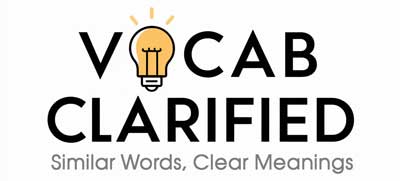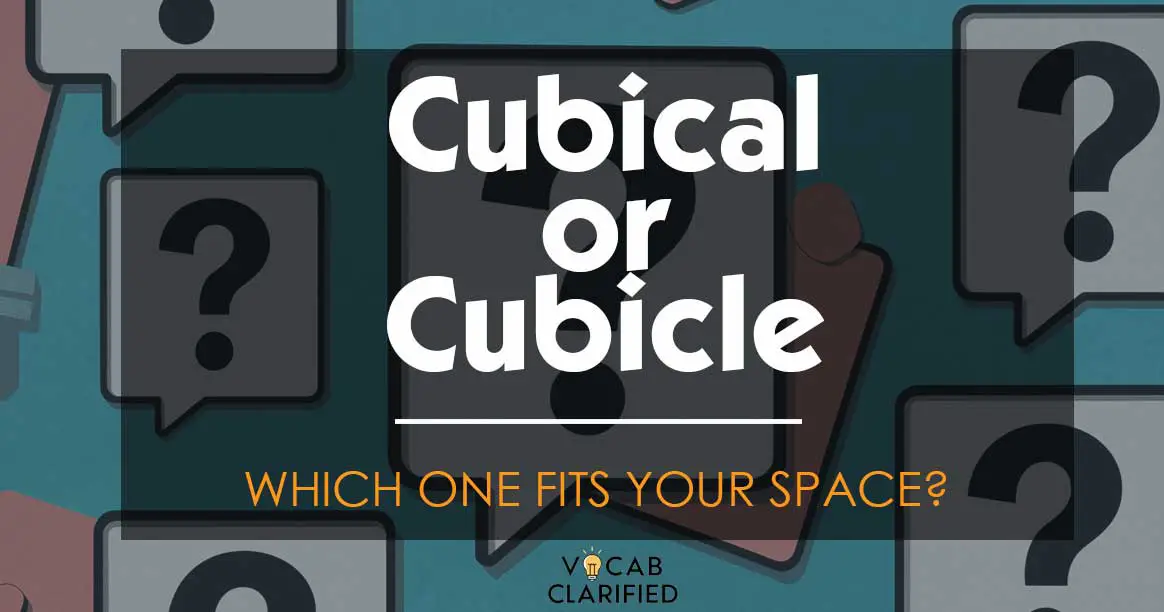When it comes to the words “cubical” and “cubicle,” the difference in spelling may seem subtle, but their meanings are quite distinct. Have you ever found yourself wondering whether you should use “cubical” to describe a work area or if “cubicle” is the correct term?
Let’s dive into the meanings of these terms and settle the confusion once and for all.
Understanding Cubical And Cubicle
Cubical: Definition and Usage
“Cubical” is an adjective used to describe something that has the shape of a cube or is related to cubes. It is typically used in mathematical or geometrical contexts.
For example:
- “The cubical shape of the box allowed it to be easily stacked.”
- “The crystals formed in cubical structures under the microscope.”
Cubicle: Definition and Usage
On the other hand, “cubicle” is a noun that refers to a small, partitioned-off space, often used in offices or public restrooms.
It describes the small enclosures designed to give people privacy in a shared environment.
For example:
- “She worked in a cubicle at the office, surrounded by low partitions.”
- “Each stall in the restroom was a separate cubicle.”
Side-by-Side Comparison
| Aspect | Cubical | Cubicle |
| Definition | Shaped like a cube or related to cubes | A small partitioned area, typically in an office or public restroom |
| Common Usage | “The cubical blocks were easy to arrange.” | “He sat in his cubicle working on a project.” |
| Key Differences | Describes shape (cube-like) | Refers to a small enclosed space |
When deciding between “cubical” and “cubicle,” consider the context. If you are referring to something related to cubes or cube-like structures, “cubical” is the appropriate term.
However, if you are talking about an enclosed or semi-enclosed space, particularly in an office or restroom, “cubicle” is the word you’re looking for.
Everyday Usage Examples
Here are six examples to show how “cubical” and “cubicle” fit into everyday language:
- Cubical: “The cubical design of the room made it feel more spacious.”
- Cubicle: “She decorated her office cubicle with family photos and plants.”
- Cubical: “We used cubical storage containers to organize the supplies.”
- Cubicle: “He closed the door of the cubicle for some privacy during his call.”
- Cubical: “The engineers created a cubical model to demonstrate the project.”
- Cubicle: “Each employee had a cubicle to work in, separated by dividers.”
Conclusion
In summary, while “cubical” refers to something cube-shaped, “cubicle” refers to a small partitioned space. Knowing when to use these terms can help avoid confusion, especially in professional or academic contexts.
Whether you’re describing a geometrical structure or talking about your workspace, choosing the correct term ensures clarity.

